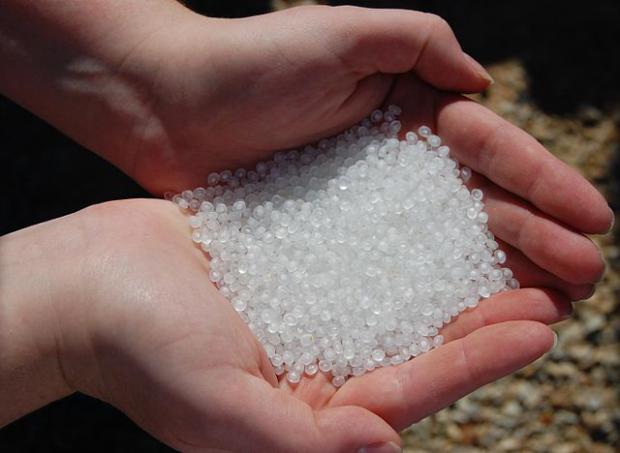
Breaking News
 Zone 00: Permaculture for the Inner Landscape (No Land Required)
Zone 00: Permaculture for the Inner Landscape (No Land Required)
 Sam Bankman-Fried files for new trial over FTX fraud charges
Sam Bankman-Fried files for new trial over FTX fraud charges
 Big Tariff Refunds Are Coming. How Much and How Soon?
Big Tariff Refunds Are Coming. How Much and How Soon?
Top Tech News
 New Spray-on Powder Instantly Seals Life-Threatening Wounds in Battle or During Disasters
New Spray-on Powder Instantly Seals Life-Threatening Wounds in Battle or During Disasters
 AI-enhanced stethoscope excels at listening to our hearts
AI-enhanced stethoscope excels at listening to our hearts
 Flame-treated sunscreen keeps the zinc but cuts the smeary white look
Flame-treated sunscreen keeps the zinc but cuts the smeary white look
 Display hub adds three more screens powered through single USB port
Display hub adds three more screens powered through single USB port
 We Finally Know How Fast The Tesla Semi Will Charge: Very, Very Fast
We Finally Know How Fast The Tesla Semi Will Charge: Very, Very Fast
 Drone-launching underwater drone hitches a ride on ship and sub hulls
Drone-launching underwater drone hitches a ride on ship and sub hulls
 Humanoid Robots Get "Brains" As Dual-Use Fears Mount
Humanoid Robots Get "Brains" As Dual-Use Fears Mount
 SpaceX Authorized to Increase High Speed Internet Download Speeds 5X Through 2026
SpaceX Authorized to Increase High Speed Internet Download Speeds 5X Through 2026
 Space AI is the Key to the Technological Singularity
Space AI is the Key to the Technological Singularity
 Velocitor X-1 eVTOL could be beating the traffic in just a year
Velocitor X-1 eVTOL could be beating the traffic in just a year
Microplastics are EVERYWHERE: Yes, even in your gut and the food you eat, warn scientists

These findings, which were published in the Annals of Internal Medicine, showed that people ingest at least 50,000 microplastics annually.
Despite the various studies on the adverse effects of microplastics on the environment and animal life, experts have yet to determine how exactly exposure to microplastics affects humans. However, researchers have expressed their worries about how microplastics can accumulate toxic chemicals, which may then enter the bloodstream once you consume tainted food or beverages like bottled water.
Microplastics and gut health
According to the researchers from the Medical University of Vienna (MedUni Vienna) in Austria who conducted the study, you ingest microplastics when you eat certain kinds of foods and beverages.
Study findings also showed that it's not just humans who unknowingly have microplastics in their bodies: Even aquatic animals are exposed to microplastics, which then enters your body when you consume fish and other kinds of seafood.
The researchers worked with participants from around the world. For the study, they examined stool samples taken from the volunteers. Results revealed that the samples contained nine different types of microplastics.
Philipp Schwabl, the study's lead researcher from MedUni Vienna, explained that as the first study of its kind, it confirms something experts have already suspected: that microplastics inevitably end up in the human gut.
Pieces of plastic and PET
Upon examining data from the eight participants who came from Austria, Finland, Italy, Japan, the Netherlands, Poland and Russia, the researchers discovered that all of the fecal samples contained hundreds of pieces of plastic.
The volunteers kept a food diary in the week before the researchers took stool samples. The diaries revealed that they were all were exposed to plastics by consuming plastic-wrapped foods or consuming beverages in plastic bottles. None of the participants were vegetarians, with six of them reporting that they consumed fish.

 Iran & Epstein Fallout
Iran & Epstein Fallout


